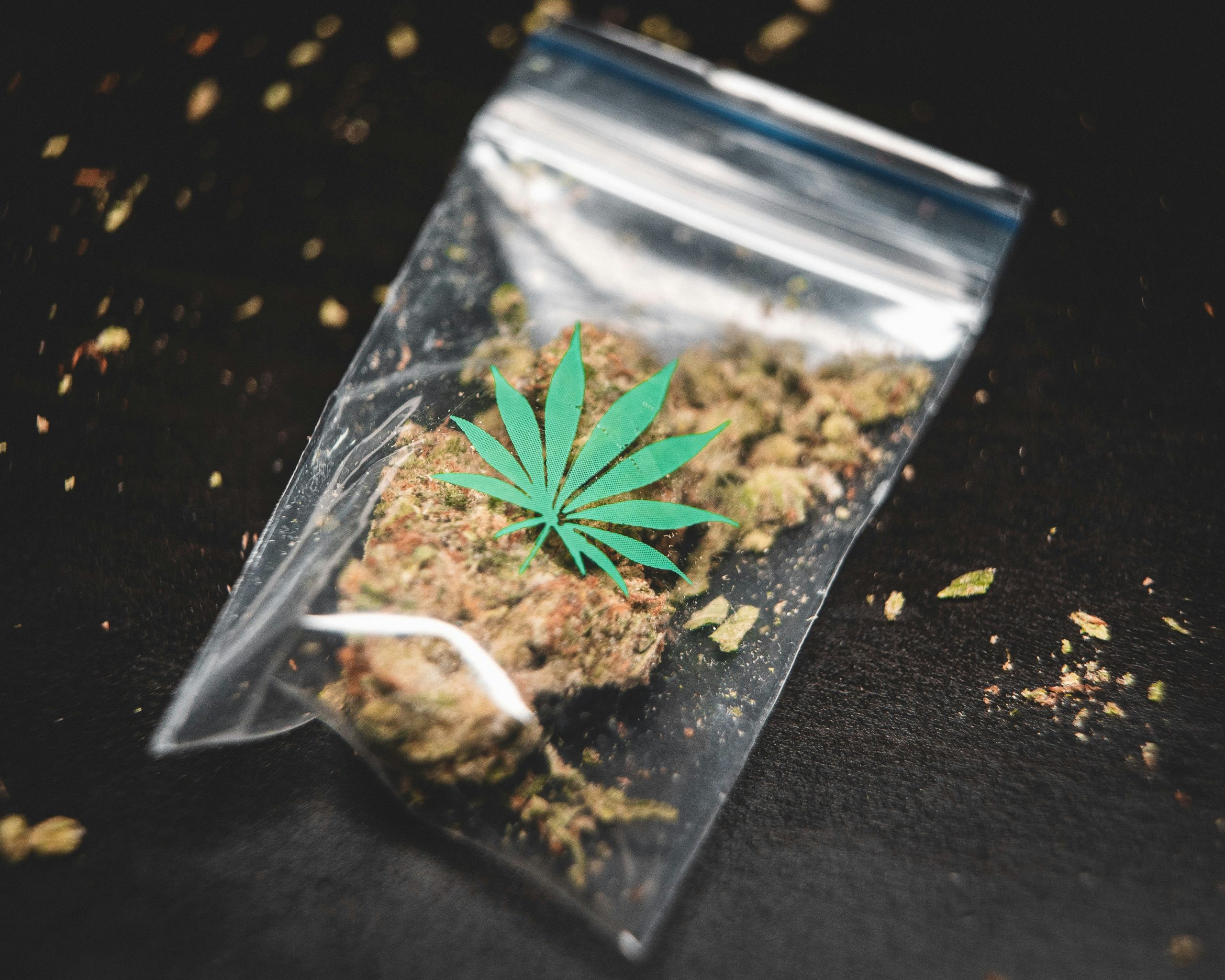Overview
Court drug diversion programs are a way to avoid convictions and the negative consequences that often flow from being charged with drug charges, or offences committed as a result of using drugs and alcohol. In Queensland, the two main programs are called the Illicit Drugs Court Diversion Program (Court Diversion) and the Drug and Alcohol Assessment Referral (DAAR).
What is Court Diversion?
Court Diversion provides education and information through a 60 to 90 minute session about the harmful use of drugs so you can better understand the relationship between your substance use and the offences you have been charged with.
Sessions are available in person, or by phone. Provided you attend your scheduled session, and don’t commit any offences during your good behaviour period, then no further action is taken.
What is DAAR?
DAAR is available for eligible people who identify drug and/or alcohol use as a contributing factor to the offences they have been charged with.
The program provides education and information through a 60 to 90 minute session about the harmful use of drugs and/or alcohol so you can better understand the relationship between your substance use and the offences you have been charged with.
Sessions are available in person, or by phone. A referral can be made to the DAAR program before you plead guilty, and imposed as a condition of your bail. Or, it can be imposed after pleading guilty.
Provided you complete the session, then no further action is taken. And if you’ve completed the program on bail before pleading guilty, then your charge can either be discontinued, or result in a sentence with no further punishment and no conviction.
Eligibility
Court Drug Diversion
The Court Diversion program is most often used for those charged with possession of minor amounts of drugs for personal use (e.g. cannabis, MDMA, ice, cocaine). To access the program, the following criteria must be met:
- The offence must be charged under the Drugs Misuse Act for:
- Section 9: possessing dangerous drugs;
- Section 10(1)(a) or (b): Possessing anything for use in connection with the commission of a crime defined in this part, or used in connection with such a purpose;
- Section 10(2)(a) or (b): Possessing anything (not being a hypodermic syringe or needle) for use in connection with the administration, consumption or smoking of a dangerous drug (e.g. pipes, bongs, spoons), or used in connection with such a purpose (e.g. scales, clip seal bags);
- Section 10(4): Failing to take care with a hypodermic needle or syringe or needle;
- Section 10(4A): Failing to dispose of a hypodermic needle or syringe that has been used in connection with the administration of a dangerous drug.
- The drug has to be for personal use, and it must be listed in Schedule 1 to the Penalties and Sentences Regulation. So, any drug that is not in that list (e.g. steroids, other less common drugs) means you are not eligible for Court Diversion (see DAAR, below).
- The amount of the drug must be equal to or less than prescribed amount set out in Schedule 1 to the Penalties and Sentences Regulation. Common drugs and amounts include
- Cocaine: 1g
- Cannabis: 50g
- Amphetamine: 1g
- GHB: 1g
- LSD: 3 tabs
- MDMA: 1g
- Ketamine: 0.2g
- You must plead guilty, and can’t have more than 1 previous drug diversion from police or the court.
- You can’t have any pending or previous convictions for charges of a sexual nature, certain drug charges before the District or Supreme Courts, or indictable offences involving violence (except common assault and serious assaults under the second limb of s340(1)(a), or s340(1)(b)).
If you’re eligible, then the process to obtain Court Diversion is to complete the form at the registry and receive a date and time for the session, before entering court to plead guilty and be sentenced.
The Magistrate always has a discretion (which is why you should always have a lawyer represent you), but if satisfied, may release you on a section 19 good behaviour bond, without recording a conviction, on the condition that you do not commit offences within a certain period and attend the drug diversion session.
An amount of money is attached to the good behaviour bond (which you do not have to pay), usually between $400 to $1,000, and the period of good behaviour will usually range from 3 to 12 months. Provided you attend the session and do not commit any further offences during the good behaviour period, then no further action is taken.
Breaching the order can have significant adverse consequences, resulting an order for your arrest and the previous sentence being re-opened, with the possibility of a recorded conviction.
DAAR
The DAAR program is less restrictive than Court Diversion, and allows for anyone charged with an offence involving drugs and/or alcohol to receive what is essentially the same intervention as Court Diversion. This allows applications from anyone charged with a drug offence that doesn’t fall within the list of prescribed drugs, or anyone charged with any offence where drugs or alcohol were directly associated with their offending.
This would include, for example, people who have been charged with possession of steroids, pharmacy drugs, and other less common or unusual drugs. Also, people who commit offences where drugs or alcohol contributed to their offending can apply, such as charges of common assault, public nuisance, wilful damage and assault/obstruct police, for example.
Assuming that threshold question is accepted by the court, then the only thing that would make you ineligible is if you have completed two or more DAAR courses within the previous 5 years.
In contrast to the Court Diversion program, having pending charges for, or prior convictions for, sexual offences or offences involving violence does not prevent you from completing DAAR. Instead, sessions will be conducted by phone.
The process for applying for DAAR is the same as Court Diversion, and requires the required form to be submitted to the court registry before entering the court room. The requirement to attend DAAR can be ordered after pleading guilty, through a good behaviour bond under s19(1)(b).
Alternatively, the matter can be adjourned with a condition that you attend the DAAR session as part of your bail conditions. When you return to court to plead guilty, the Magistrate may choose to release you absolutely, or release you on a good behaviour bond, without conviction.
Summary
If you’ve been given a notice to appear for a drug charge, or an offence where drugs or alcohol were a contributing factor, then these programs might be the answer for you.
With our careful advice and representation, we guarantee you’re in the safest possible hands. If you have any questions about Court Diversion or DAAR, or require expert representation when facing court for a drug or alcohol related charge, please contact us.




